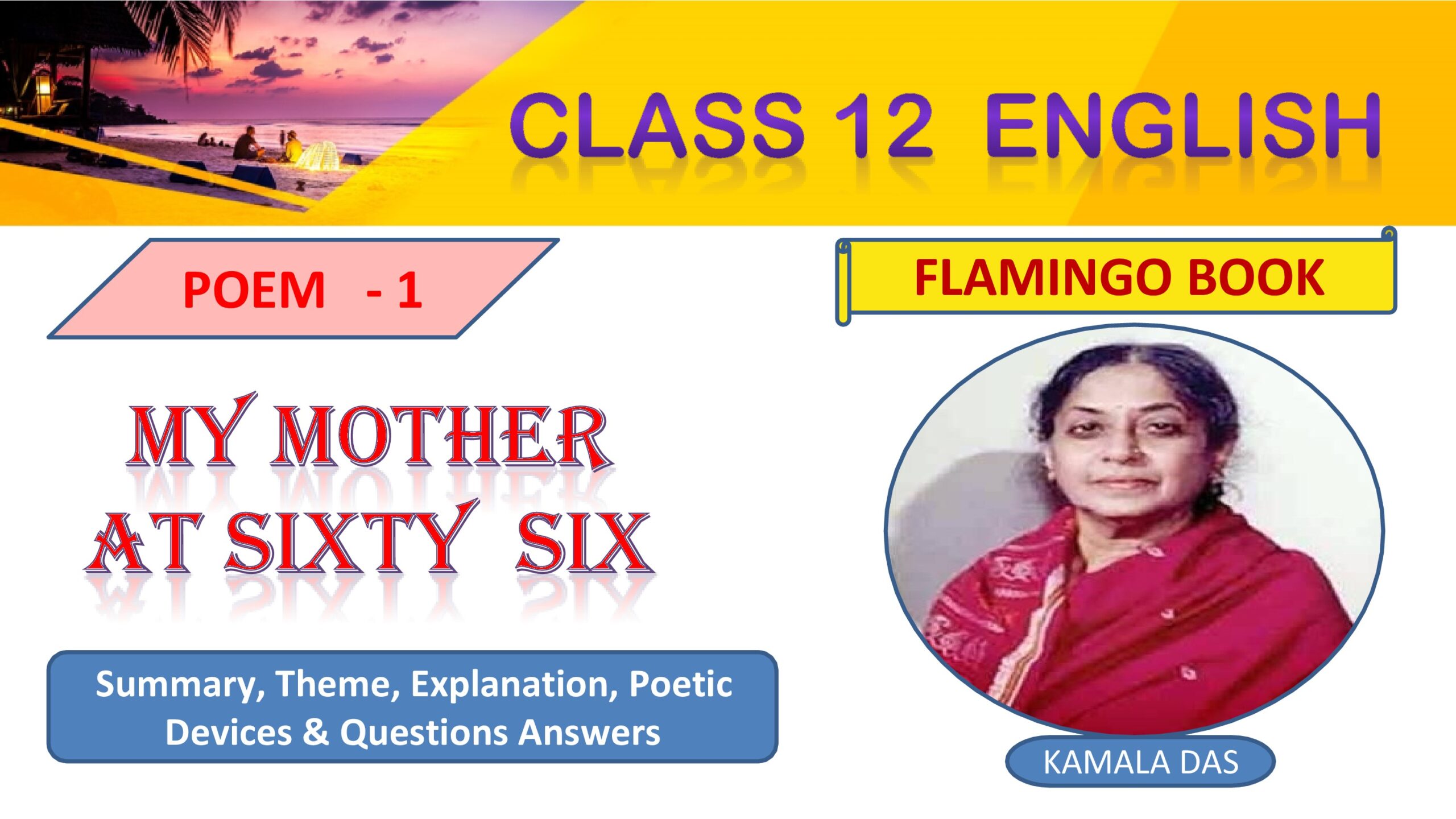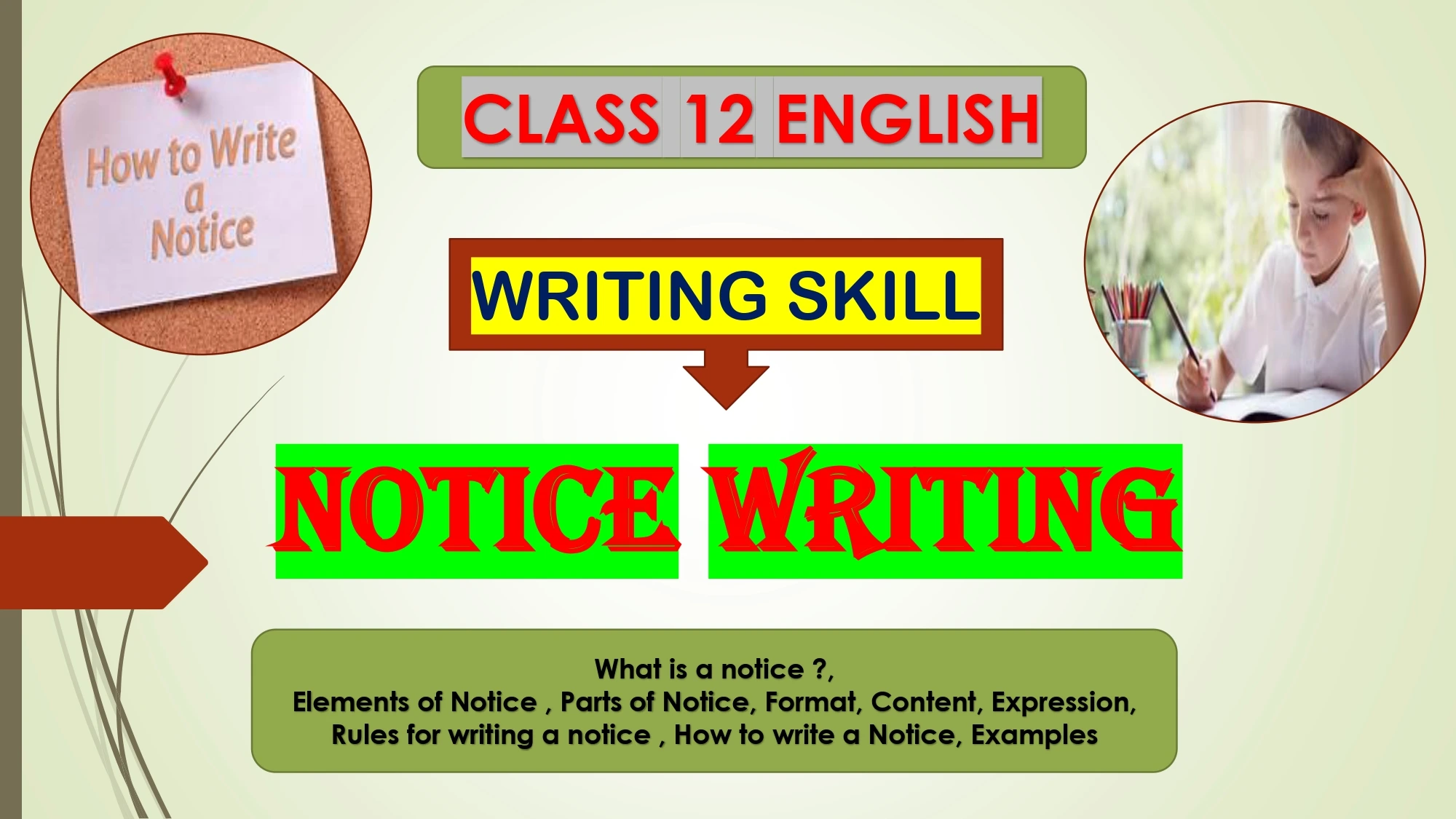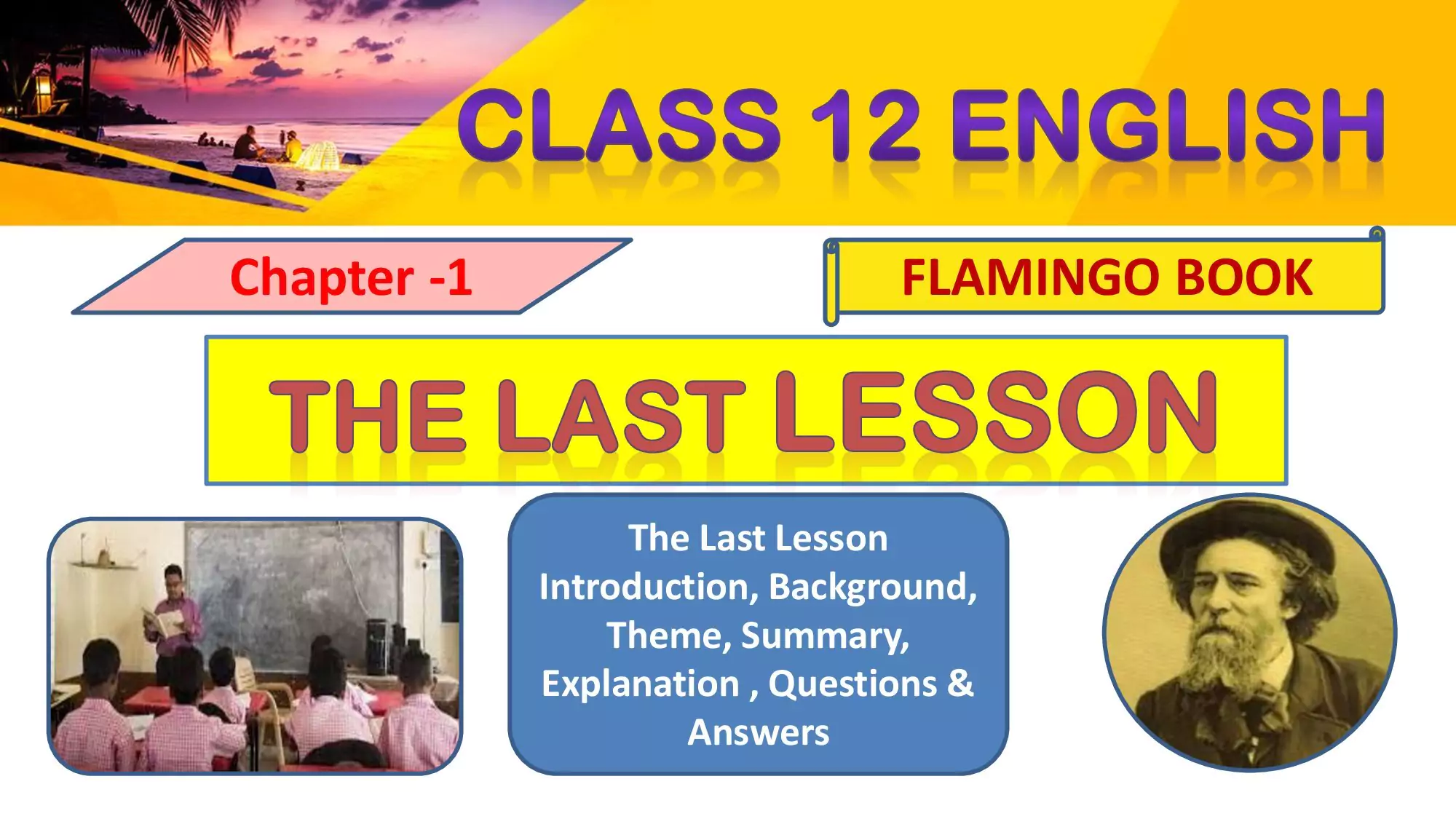Lost Spring Stories of Stolen Childhood Summary, Explanation, Question Answers
CBSE CLASS 12 ENGLISH FLAMINGO BOOK CHAPTER 2 LOST SPRING STORIES OF STOLEN CHILDHOOD NEW WORDS, SUMMARY, EXPLANATION, AND QUESTIONS ANSWERS Lost Spring Stories of Stolen Childhood is chapter 2 in class 12 English book Flamingo. Here you will get the complete studies of Writer, introduction, characters, summary, difficult words and phrases and important questions … Read more


